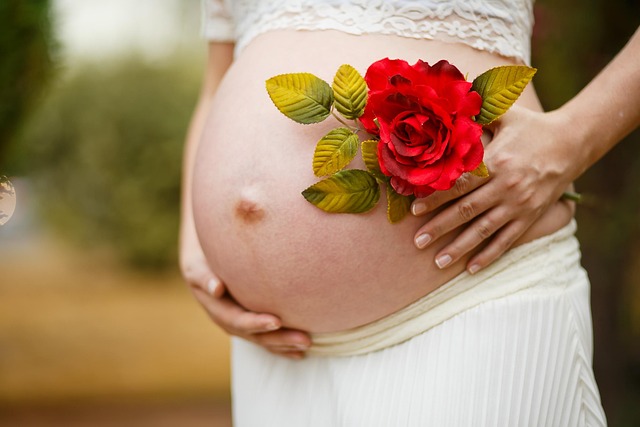Hey there! Let’s dive into the process of ovulation induction, especially if you’re considering IVF. It’s all about using fertility medications to encourage your body to produce more than one mature egg during your cycle. Ideally, we aim for around 10-20 eggs, which is crucial for the IVF process.
Throughout this journey, your doctor will monitor your progress with regular ultrasounds and blood tests to check estrogen levels and spot any ovarian cysts. Speaking of ultrasounds, they help us see if there are cysts on your ovaries. Most of the time, these cysts resolve on their own, but if they don’t, your doctor can help manage them so that your treatment can continue smoothly.
Understanding Estrogen Levels
Next up is the blood test for estrogen. This hormone is super important for your reproductive health. During a normal cycle, estrogen levels rise when you ovulate. By checking your estrogen or Estradiol levels at the start of your cycle, we can figure out when to start your treatment. As you go through the stimulation phase of IVF, we’ll keep an eye on your estrogen levels to adjust your medication if needed.
Starting Gonadotropin Medications
Once your menstrual period starts, you’ll begin taking gonadotropin medications—these are a concentrated form of the body’s natural hormones that help stimulate ovulation. Each of these injections encourages the growth of follicles, which are the sacs that contain your eggs. In a typical cycle, only one follicle matures, but during IVF, we aim for multiple follicles to increase your chances of success. Common medications like Gonal-F and Menopur are used for this purpose.
Monitoring Your Progress
During the stimulation period, you can expect about 10-12 days of daily injections, with around 4-5 monitoring visits to check your progress. At these appointments, your doctor will perform ultrasounds and tests to ensure your follicles are growing nicely. Once they reach the right size—about 16-20 mm—we’ll give you a “trigger shot” of human chorionic gonadotropin (hCG) to prompt the eggs to mature.
Timing the Egg Retrieval
Timing is key here! The egg retrieval procedure is scheduled about 36 hours after the hCG injection since ovulation typically happens around 40 hours post-injection. Don’t worry, our team will guide you through every step of this process, making sure you feel comfortable and informed.
Additional Resources
If you want to learn more about successful home insemination stories, check out this blog post. We also recommend checking out this excellent resource for pregnancy and home insemination.
In summary, ovulation induction is a crucial step in the IVF process that helps ensure you have enough mature eggs for retrieval. With proper monitoring and medications, we can optimize your chances of success.

